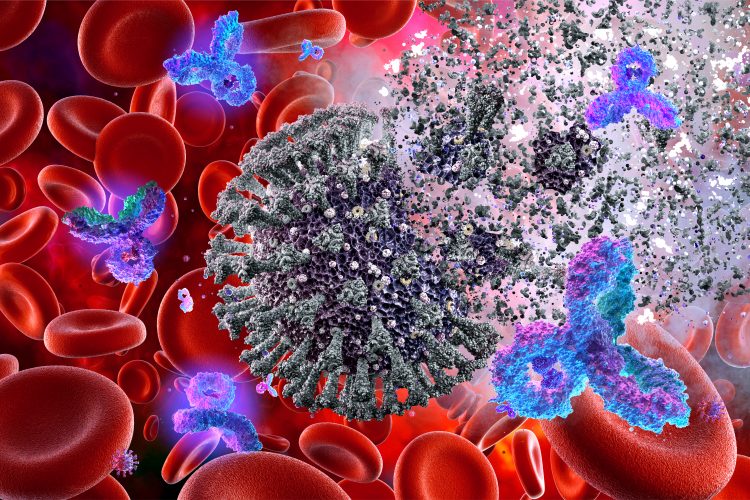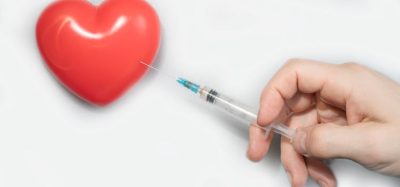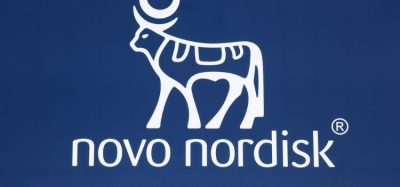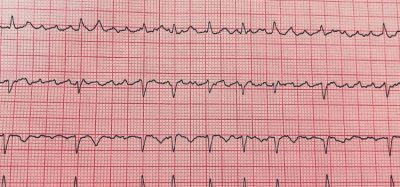COVID-19 antibody therapy shows promise in Phase II/III trial
Posted: 14 January 2021 | Hannah Balfour (European Pharmaceutical Review) | No comments yet
CT-P59, a monoclonal antibody therapy for COVID-19, was found to be particularly effective at reducing recovery times in moderate COVID-19 patients aged 50 plus.


Celltrion Group has reported that its anti-COVID-19 monoclonal antibody treatment candidate, CT-P59, was able to improve COVID-19 recovery times and reduce COVID-19 progression rates in patients with mild-to-moderate and moderate symptoms.
The results are from the first part of the randomised, double-blind, placebo controlled global Phase II/III clinical trial evaluating the safety and efficacy of CT-P59. In this part of the study, 327 patients with mild-to-moderate symptoms of COVID-19 were split into three treatment groups: one receiving 40mg/kg of CT-P59, another 80mg/kg of CT-P59 and the last receiving placebo. According to the company, approximately 60 percent of those with moderate symptoms suffered from COVID-19 related pneumonia.
The data analysis has demonstrated that at Day 28, CT-P59 treated patients presented with a significantly reduced risk of COVID-19 related hospitalisation and oxygenation without mortality. Those treated with 40mg/kg had significantly reduced disease progression rates to severe COVID-19, compared to placebo (reduction of 54 percent for mild-to-moderate patients and 68 percent for moderate patients aged 50 years and over).
CT-P59 treatment groups also reported significantly shortened time to clinical recovery:
- Patients treated with 40mg/kg of CT-P59 recovered 3.4 days earlier than those in the placebo group.
- Patients with pneumonia treated with 40mg/kg reported shortened recovery time by 5.1 days compared to placebo.
- Moderate patients aged 50 years and over treated with CT-P59 (40mg/kg) reported a shortened recovery time by 6.4 days compared to placebo.
In addition, CT-P59 was shown to have a positive safety profile, with no serious adverse advents reported. Infusion related reactions were mild and transient, with the CT-P59 treatment group having reported 0.5 percent, compared to 1.8 percent reported with placebo.
“The data demonstrate that CT-P59 could contribute to both a reduced time to clinical recovery, as well as a reduced proportion of patients who progress to severe disease,” said Professor Joong-Sik Eom, Infectious Disease Division at Gil Medical Center of Gachon University, South Korea. “The treatment’s safety profile was comparable to that of placebo and generally well-tolerated. Therefore, it is anticipated that CT-P59 would positively contribute to the management and control of the current COVID-19 pandemic across the world.”
“Our top-line data from the global Phase II/III clinical trial have demonstrated that CT-P59 is effective for the treatment of COVID-19 in mild-to-moderate patients and especially in moderate patients aged 50 years and over. We are encouraged by the robust and consistent nature of the top-line clinical profile of CT-P59 and our clinical studies are on track in more than 10 countries,” said Dr HoUng Kim, Head of Medical and Marketing Division at Celltrion Healthcare. “We are planning to manufacture doses for around two million patients in 2021 and hope to improve access to this treatment option for those that require.”
Related topics
Antibodies, Biologics, Biopharmaceuticals, Clinical Trials, Drug Safety, Viruses









